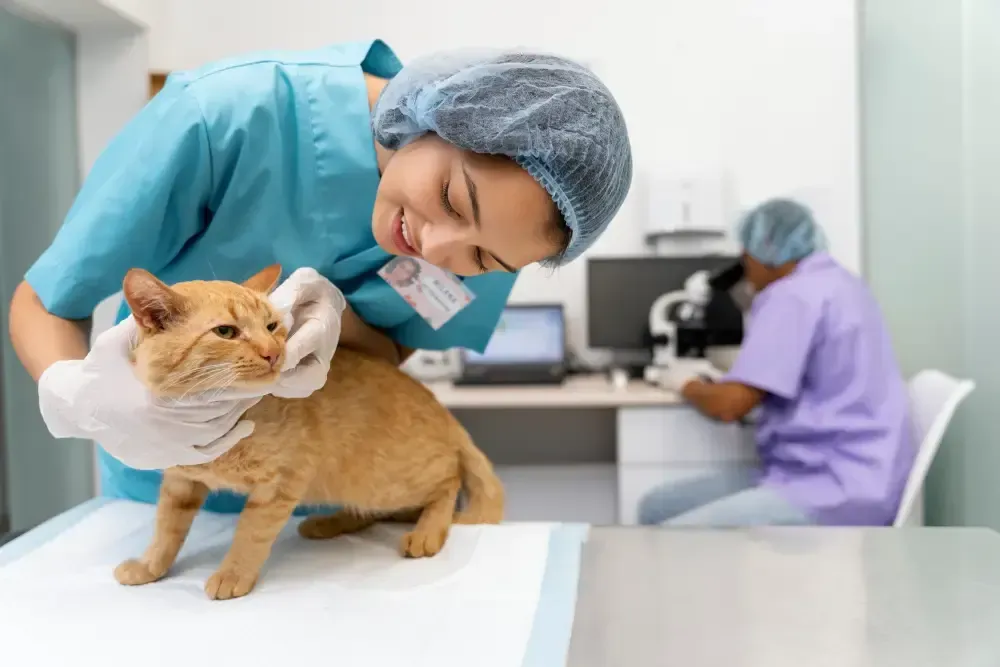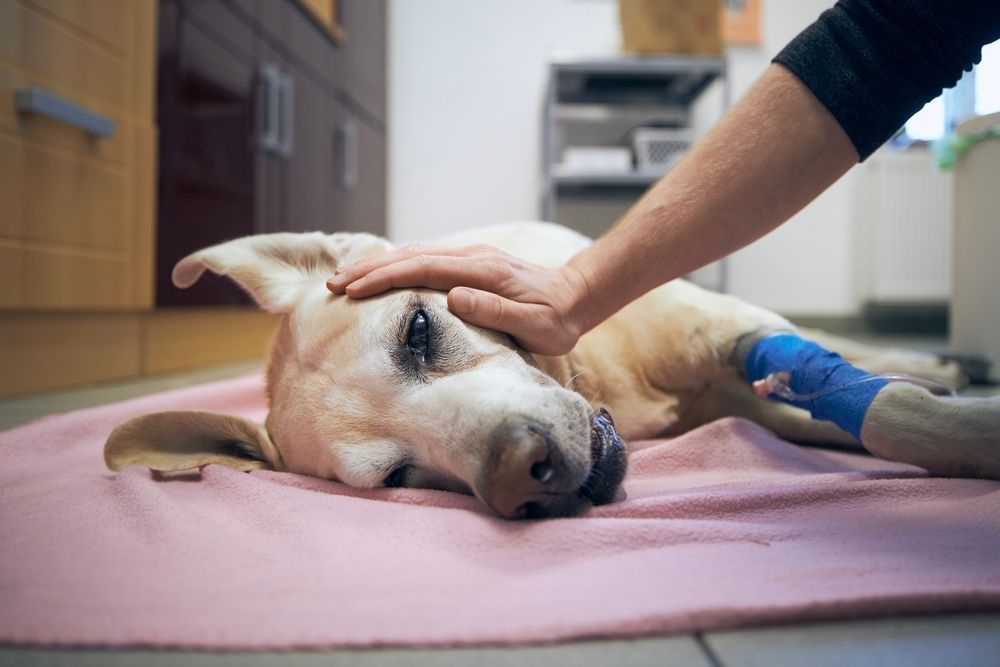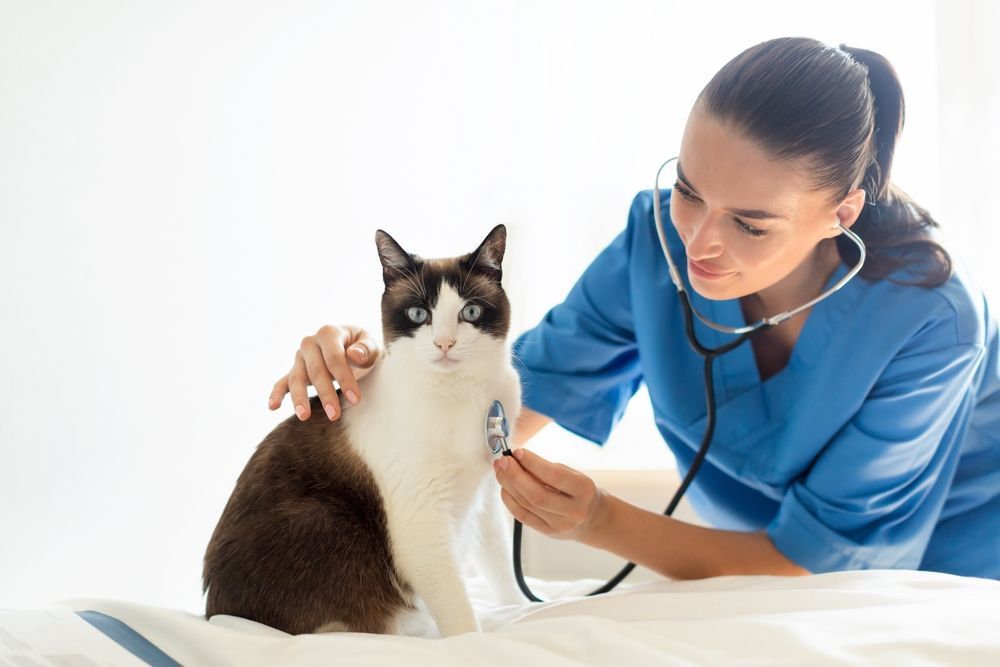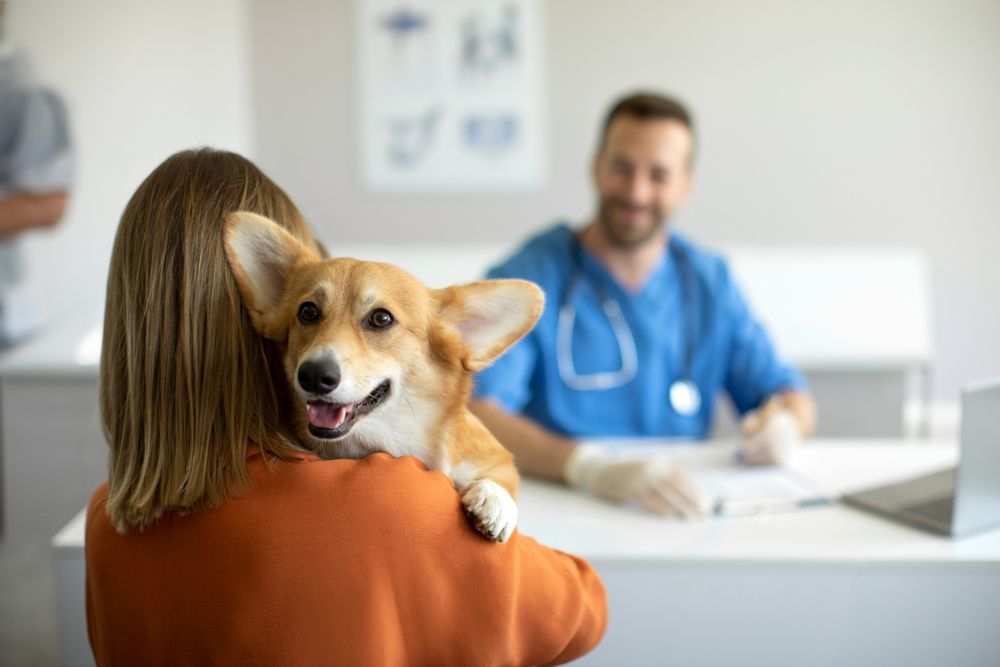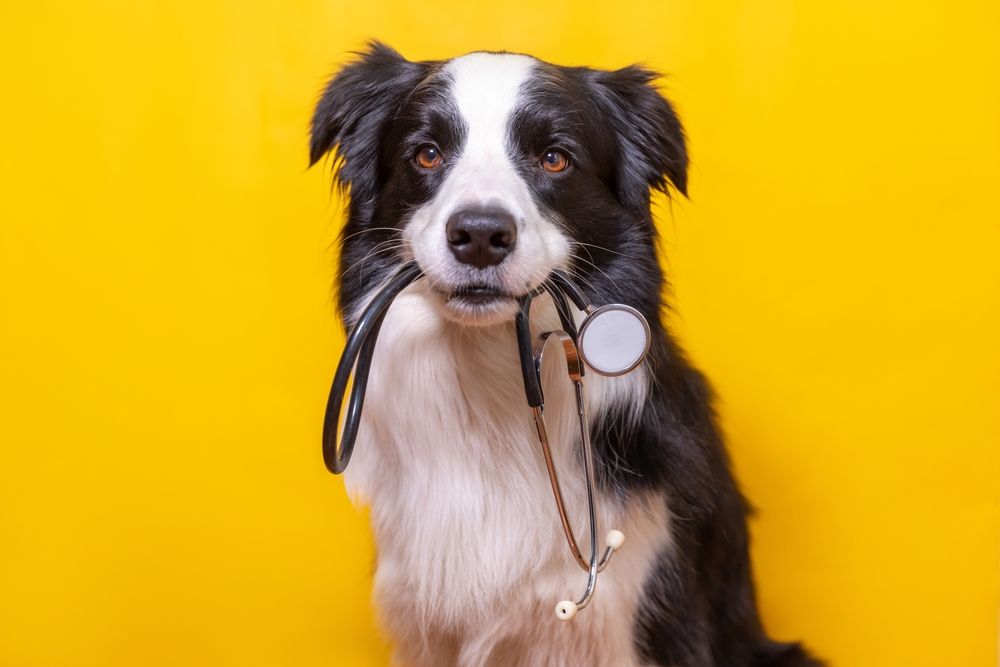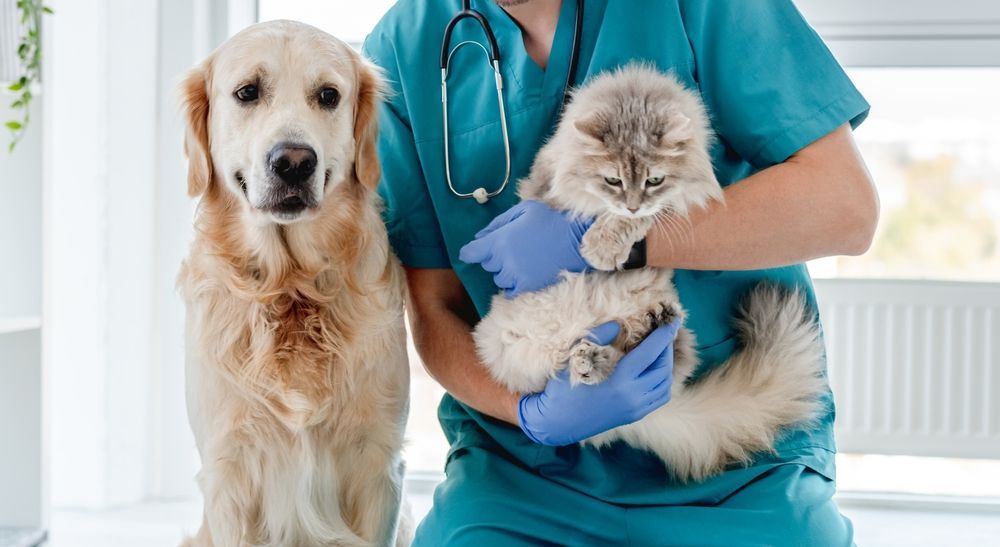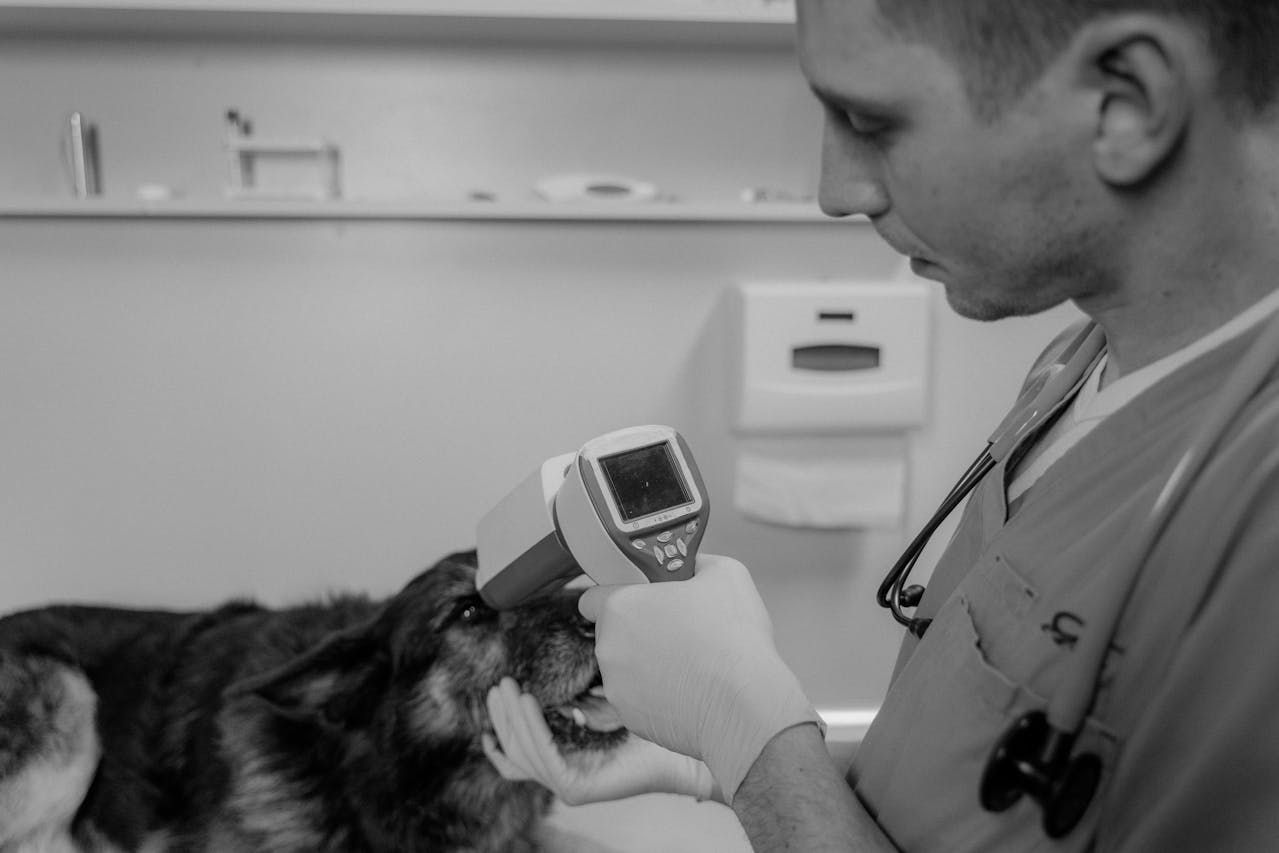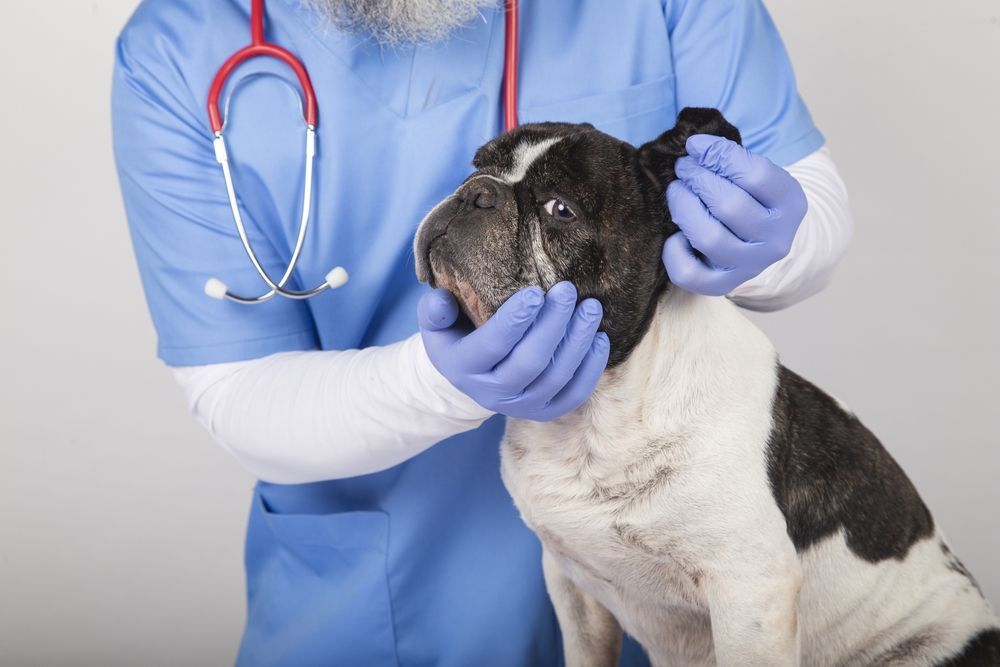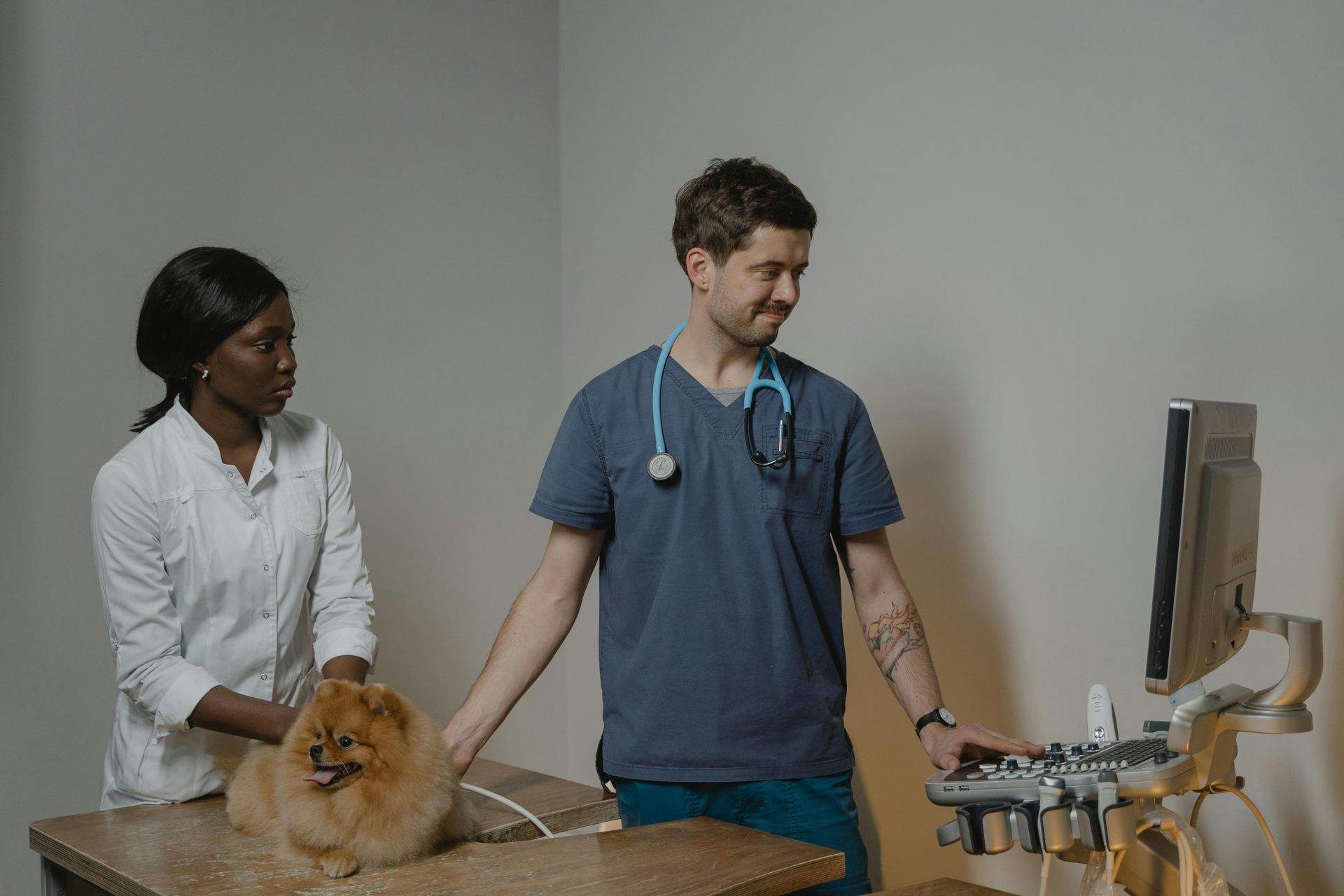Vet Services: What to Expect During an Urgent Care Visit
March 21, 2025
As pet owners, we want nothing more than to ensure the health and happiness of our furry companions. However, emergencies can happen when we least expect them, and knowing what to do during an urgent care visit can make all the difference. Whether it’s a sudden illness, an injury, or unusual behavior that has you worried, a trip to an urgent care vet clinic is often the best course of action. Understanding how these visits work and what to expect can help reduce stress for both you and your pet.
During an urgent care visit, a veterinarian assesses your pet’s condition and provides the necessary treatment to stabilize their health. Unlike routine check-ups, urgent care focuses on addressing immediate medical needs, ensuring your pet gets timely attention without the wait of scheduling a regular appointment. This blog will walk you through what happens during an urgent care visit and how vet services are tailored to meet your pet’s specific needs.
When Should You Seek Urgent Care for Your Pet?
Knowing when to take your pet to an urgent care vet is crucial. While some issues can wait for a regular appointment with your primary veterinarian, others require immediate attention. Common reasons for seeking urgent care include:
- Vomiting or diarrhea lasting more than 24 hours.
- Difficulty breathing or persistent coughing.
- Visible injuries such as cuts or fractures.
- Ingesting toxic substances like chocolate or household chemicals.
- Sudden changes in behavior, such as lethargy or aggression.
- Seizures or fainting episodes.
If you’re unsure whether your pet’s condition warrants a visit to the urgent care vet, it’s always better to err on the side of caution and consult a professional veterinarian. Many clinics offer phone consultations to help you determine the severity of your pet’s symptoms.
What Happens During Triage?
When you arrive at an urgent care clinic, one of the first steps is triage—a process where a vet technician evaluates your pet’s condition to prioritize treatment based on urgency. During triage, the team may ask about your pet’s symptoms, medical history, and any recent incidents that could have contributed to their current state.
The triage process helps the veterinarian determine whether your pet needs immediate intervention or if they can wait for further evaluation. For example, a pet experiencing difficulty breathing will be seen by the vet right away, while a minor skin irritation may be addressed after more critical cases are stabilized.
The Role of the Veterinarian in Urgent Care
Once triage is complete, a veterinarian will conduct a thorough examination of your pet. This includes checking vital signs such as heart rate, temperature, and respiratory rate, as well as assessing any visible injuries or abnormalities. The vet may also perform diagnostic tests like bloodwork or X-rays to gain a clearer understanding of your pet’s condition.
A skilled veterinarian not only focuses on treating symptoms but also identifies underlying causes to prevent future complications. For instance, if your pet is vomiting due to ingesting a foreign object, the vet will recommend appropriate treatment options such as surgery or medication while addressing any potential risks associated with the incident.
Diagnostic Tools Used During Urgent Care Visits
Urgent care clinics are equipped with advanced diagnostic tools that allow vets to quickly assess and treat a wide range of conditions. Some common tools include:
- X-Rays: Used to detect fractures, foreign objects, or abnormalities in internal organs.
- Ultrasounds: Helpful for examining soft tissues and identifying issues like tumors or fluid buildup.
- Blood Tests: Provide insight into organ function and detect infections or other medical conditions.
- Urinalysis: Used to diagnose urinary tract infections or kidney problems.
These tools enable the veterinarian to make informed decisions about your pet’s care plan and ensure they receive the most effective treatment possible.
Treatment Options Provided by Vets During Urgent Care Visits
The treatment your pet receives during an urgent care visit depends on their specific condition and needs. Common interventions provided by vets include:
- Medications: Pain relievers, antibiotics, or anti-inflammatory drugs may be prescribed by the veterinarian to manage symptoms and promote healing.
- Wound Care: For pets with cuts or abrasions, the vet will clean and dress wounds to prevent infection.
- Fluid Therapy: Dehydrated pets may receive IV fluids to restore hydration and balance electrolytes.
- Surgery: In severe cases such as internal injuries or blockages, the vet may recommend surgical intervention.
Throughout the process, the veterinarian will keep you informed about your pet’s progress and discuss any additional steps needed for recovery.
How Vets Handle Follow-Up Care After an Urgent Visit
Once your pet has been stabilized, follow-up care is essential for ensuring their full recovery. The urgent care vet will provide detailed instructions on how to manage your pet’s condition at home, including medication schedules and dietary recommendations. They may also refer you back to your primary veterinarian for ongoing monitoring and treatment.
For example, if your pet underwent surgery during their urgent care visit, the vet might schedule follow-up appointments to check on their healing progress and remove stitches if necessary.
Tips for Preparing for an Urgent Care Visit
Being prepared can make all the difference during an emergency situation with your pet. Here are some tips for making your trip to the urgent care vet as smooth as possible:
- Have Your Pet’s Medical Records Ready: Bring any relevant documents from previous visits with your primary veterinarian, including vaccination records and test results.
- Know Your Pet’s Medications: Be prepared to share information about any medications your pet is currently taking.
- Stay Calm: Pets can pick up on their owner’s anxiety, so remaining calm helps keep them relaxed during their visit.
- Call Ahead If Possible: Many clinics allow you to call ahead and describe your pet’s symptoms so they can prepare for your arrival.
By following these steps, you will help ensure that both you and your furry friend have a positive experience at the urgent care clinic.
The Importance of Choosing a Trusted Vet Clinic
When it comes to urgent care visits, choosing a reliable clinic like Pet Urgent Care of Montgomery ensures that your pet receives high-quality treatment from experienced professionals. A trusted clinic employs a skilled vet near me who specialize in handling emergencies with compassion and expertise.
Additionally, reputable clinics prioritize communication between their team and your primary veterinarian, ensuring continuity of care throughout every stage of treatment.
Urgent care visits are an essential part of maintaining your pet’s health during unexpected situations. By understanding what happens during these visits—from triage to follow-up—you will feel more confident navigating emergencies with the help of skilled vets. Prioritizing regular communication with both urgent care providers and your primary veterinarian ensures that every aspect of your furry companion’s well-being is addressed effectively!
Pet Urgent Care of Montgomery
2585 Bell Rd, Montgomery, AL 36117, United States
(334) 600-4050
